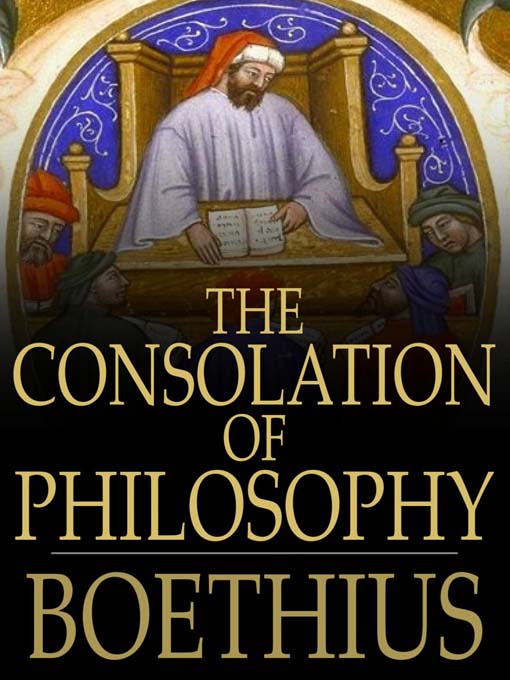

It is difficult to overestimate the place of The Consolation of Philosophy (sixth century) in the self-help canon. Note: all classes are offered dependent on demand and require a minimum of four participating students.In a nutshell: No matter what happens to you, you always have freedom of mind. Register to reserve your spot and schedule will be set after a poll of participating students if the class time does not fit your schedule, you will be eligible for a full refund. via videoconference + online discussion board.

Online only, runs 10 weeks, meeting 2 hrs./wk. Tolkien was familiar with Boethius not only in the Latin but also its Old and Middle English translations (and had as well access to Aquinas’s interpretations of Boethius), and we will see how he incorporated Boethius’s thought deeply into the metaphysics of his mythology, especially as seen in texts such as “The Ainulindale” and “Beren and Luthien.” We will then spend most of the course reading The Consolation of Philosophy closely, and conclude the course by reading selections from Tolkien’s Silmarillion. We will start by reading the Opuscula Sacra, Boethius’s five theological tracts (two on the Trinity, one on Christology, one on the nature of created vs uncreated goodness, and one a general statement of the Christian faith). This course will examine Boethius’s Consolation of Philosophy from its theological context and with an eye to its massive theological, philosophical, and literary influence. Translated by King Alfred’s circle, by Chaucer into Middle English as well as by two other Middle English writers, and by Queen Elizabeth the I, The Consolation of Philosophy also profoundly inspired writers such as Dante, Thomas More, and Jean de Meun. Theologians such as Anselm, Aquinas, and Peter Abelard were deeply influenced by Boethius’s work, as was the medieval conception of the seven liberal arts and medieval literature in general. Lewis wrote of Boethius’s Consolation of Philosophy, “To get a taste for it is almost to become naturalized in the Middle Ages,” placing it on the top ten list of books which most influenced him. Anthony Cirilla, and will run from September 28 through December 11.


 0 kommentar(er)
0 kommentar(er)
